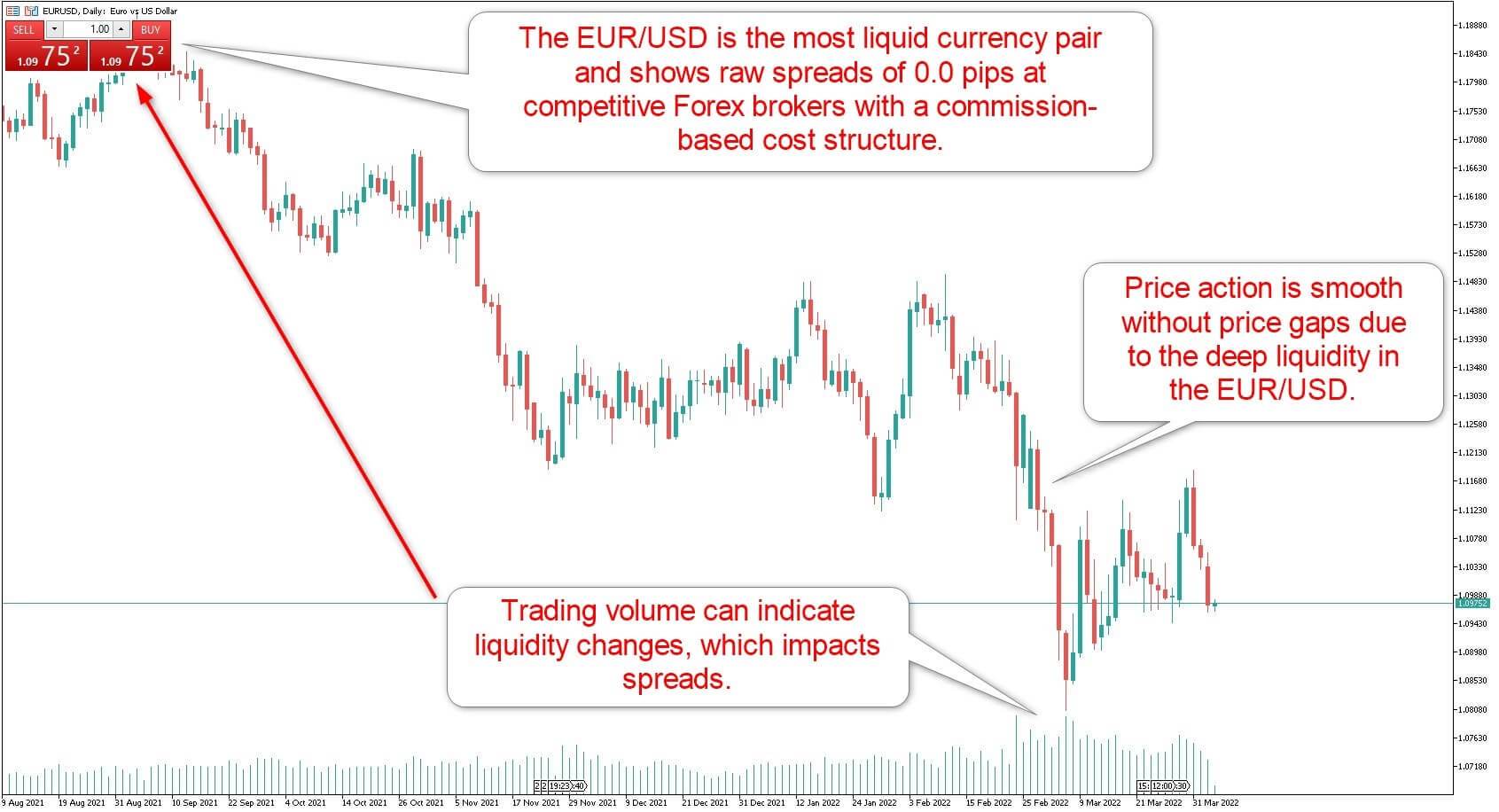
Common stock and preferred stock are two different ways to invest your money. Although they offer a smaller dividend yield, preferred stocks do not have as much growth potential. Common stock dividends can be far more valuable than their preferred counterparts, but they are less likely to grow over time. Preferred stocks are an option for those who want to quickly increase their dividend income.
Differences between preferred stock (common stock)
Both common stock and preferred stock are two forms of ownership. Both are forms of ownership that reflect the company's ownership and allow investors to reap the benefits of its success. We will look at the differences, and which one is more suitable for you. These are the benefits of each stock. Before you buy any type of stock, it is important to know the differences. This information can help you when you consider different forms of financing your company.
A preferred stock has the advantage of paying dividends. Common stockholders will not be paid arrears for dividend payments. The preferred stockholders get their voting rights if the company does not pay a dividend for three years. Although both stocks have their advantages, it is important to know your investment objectives before making a choice. The information below is for guidance only. It is not meant as tax advice. Before making any investment decisions, you should seek independent tax advice.

Dividends on preferred stock
The dividend rate is the main factor that determines whether a preferred stock or common stock differs from a preferred stock. Preferred shares typically pay fixed dividends at a set rate based on the par value of the stock at the time of offering. Common stock dividends, on the other hand, are variable, paid at the discretion of the board of directors. While the dividend amount is constant, the market yield changes with stock price.
Common stocks have a higher dividend rate than preferred stocks. Dividends are more predictable and stable in preferred stock, but their growth potential is limited. The market interest rate determines the price of common stock, while that of preferred stock is determined by its par value. The preferred stock has a higher tax rate than bond interest so it is more advantageous over the common stock. But, this advantage also has its downsides.
Convertible preferred Stock
You should be aware of the differences between convertible preferred stock (or common stock) if you want to acquire shares in a startup company. Knowing the difference between these two types is key to understanding their differences. The conversion ratio is the percentage of the par value that needs to be higher than the current common share price for the preferred stock to be worth converting. Ideal is a conversion ratio of five.
Convertible preferred stocks have certain advantages over common stock. It can be traded in the secondary market and its price is more stable. However, unlike common stock, the resale value of convertible preferred stock is tied to its conversion premiums. The conversion premium may cause preferred stock's value to change depending on how much it is converted. A convertible preferred stock cannot yield a dividend as its value is tied at the par value.

Non-participating preference stock
It is possible to wonder if these stocks are equivalent if you have ever invested in common or preferred stock. The difference is that non-participating stocks limit the amount of dividends they pay to their holders while participating stocks do not. Common stockholders get a fixed dollar per annum, but a company that issues participation preferred stock pays out a fixed amount per share.
There is a major difference between a participating preferred stock and a common stock. The first will be treated differently by the company. A participating preferred stock entitles its holders to receive payment first, while the non-participating version has no rights and obligations beyond getting paid. The non-participating preferredstock holder will not be eligible to share in liquidation proceeds.
FAQ
Stock marketable security or not?
Stock is an investment vehicle which allows you to purchase company shares to make your money. You do this through a brokerage company that purchases stocks and bonds.
You can also directly invest in individual stocks, or mutual funds. There are over 50,000 mutual funds options.
These two approaches are different in that you make money differently. With direct investment, you earn income from dividends paid by the company, while with stock trading, you actually trade stocks or bonds in order to profit.
In both cases, ownership is purchased in a corporation or company. But, you can become a shareholder by purchasing a portion of a company. This allows you to receive dividends according to how much the company makes.
Stock trading allows you to either short-sell or borrow stock in the hope that its price will drop below your cost. Or you can hold on to the stock long-term, hoping it increases in value.
There are three types of stock trades: call, put, and exchange-traded funds. You can buy or sell stock at a specific price and within a certain time frame with call and put options. Exchange-traded funds are similar to mutual funds except that instead of owning individual securities, ETFs track a basket of stocks.
Stock trading is very popular because investors can participate in the growth of a business without having to manage daily operations.
Stock trading is not easy. It requires careful planning and research. But it can yield great returns. It is important to have a solid understanding of economics, finance, and accounting before you can pursue this career.
Why is a stock called security.
Security is an investment instrument whose worth depends on another company. It may be issued by a corporation (e.g., shares), government (e.g., bonds), or other entity (e.g., preferred stocks). The issuer can promise to pay dividends or repay creditors any debts owed, and to return capital to investors in the event that the underlying assets lose value.
What is the difference of a broker versus a financial adviser?
Brokers are specialists in the sale and purchase of stocks and other securities for individuals and companies. They take care all of the paperwork.
Financial advisors are experts in the field of personal finances. They are experts in helping clients plan for retirement, prepare and meet financial goals.
Banks, insurance companies or other institutions might employ financial advisors. They can also be independent, working as fee-only professionals.
Take classes in accounting, marketing, and finance if you're looking to get a job in the financial industry. Additionally, you will need to be familiar with the different types and investment options available.
How Share Prices Are Set?
The share price is set by investors who are looking for a return on investment. They want to make profits from the company. They buy shares at a fixed price. Investors make more profit if the share price rises. The investor loses money if the share prices fall.
An investor's main goal is to make the most money possible. This is why investors invest in businesses. It allows them to make a lot.
What is a Reit?
A real estate investment trust (REIT) is an entity that owns income-producing properties such as apartment buildings, shopping centers, office buildings, hotels, industrial parks, etc. They are publicly traded companies which pay dividends to shareholders rather than corporate taxes.
They are similar in nature to corporations except that they do not own any goods but property.
Who can trade on the stock market?
Everyone. There are many differences in the world. Some have greater skills and knowledge than others. So they should be rewarded for their efforts.
There are many factors that determine whether someone succeeds, or fails, in trading stocks. For example, if you don't know how to read financial reports, you won't be able to make any decisions based on them.
Learn how to read these reports. Each number must be understood. It is important to be able correctly interpret numbers.
This will allow you to identify trends and patterns in data. This will help to determine when you should buy or sell shares.
This could lead to you becoming wealthy if you're fortunate enough.
How does the stockmarket work?
A share of stock is a purchase of ownership rights. A shareholder has certain rights over the company. He/she may vote on major policies or resolutions. He/she can seek compensation for the damages caused by company. And he/she can sue the company for breach of contract.
A company cannot issue shares that are greater than its total assets minus its liabilities. It is known as capital adequacy.
A company with a high capital sufficiency ratio is considered to be safe. Low ratios can be risky investments.
Can bonds be traded
The answer is yes, they are! Like shares, bonds can be traded on stock exchanges. They have been traded on exchanges for many years.
They are different in that you can't buy bonds directly from the issuer. They must be purchased through a broker.
Because there are fewer intermediaries involved, it makes buying bonds much simpler. This means you need to find someone willing and able to buy your bonds.
There are different types of bonds available. Different bonds pay different interest rates.
Some pay quarterly interest, while others pay annual interest. These differences make it easy compare bonds.
Bonds are a great way to invest money. If you put PS10,000 into a savings account, you'd earn 0.75% per year. If you invested this same amount in a 10-year government bond, you would receive 12.5% interest per year.
You could get a higher return if you invested all these investments in a portfolio.
Statistics
- For instance, an individual or entity that owns 100,000 shares of a company with one million outstanding shares would have a 10% ownership stake. (investopedia.com)
- Individuals with very limited financial experience are either terrified by horror stories of average investors losing 50% of their portfolio value or are beguiled by "hot tips" that bear the promise of huge rewards but seldom pay off. (investopedia.com)
- Our focus on Main Street investors reflects the fact that American households own $38 trillion worth of equities, more than 59 percent of the U.S. equity market either directly or indirectly through mutual funds, retirement accounts, and other investments. (sec.gov)
- US resident who opens a new IBKR Pro individual or joint account receives a 0.25% rate reduction on margin loans. (nerdwallet.com)
External Links
How To
What are the best ways to invest in bonds?
An investment fund, also known as a bond, is required to be purchased. While the interest rates are not high, they return your money at regular intervals. These interest rates can be repaid at regular intervals, which means you will make more money.
There are many ways you can invest in bonds.
-
Directly buy individual bonds
-
Buy shares from a bond-fund fund
-
Investing through an investment bank or broker
-
Investing through a financial institution.
-
Investing in a pension.
-
Invest directly through a broker.
-
Investing via a mutual fund
-
Investing through a unit-trust
-
Investing with a life insurance policy
-
Investing via a private equity fund
-
Investing via an index-linked fund
-
Investing with a hedge funds